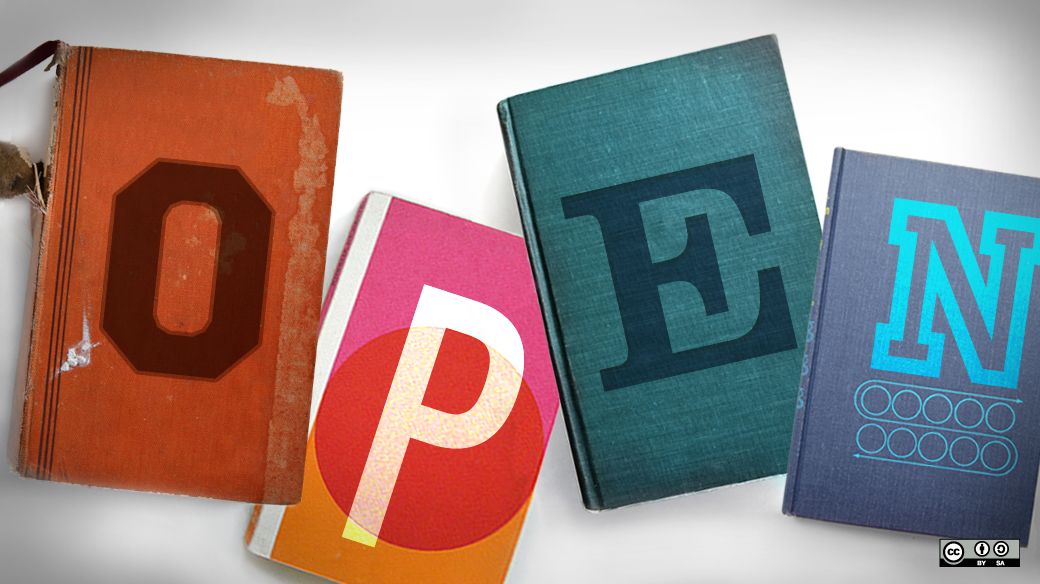
Image courtesy of opensource.com, Flickr
The Recommendation on Open Educational Resources (OER) (40 C/32) was adopted at the 40th UNESCO General Conference in Paris on 25th November, 2019 as the culmination of a long process of UNESCO engagement with the concept of OER. Now that it is adopted and a UNESCO Dynamic Coalition has been discussing the next steps (download workshop report here), this raises the practical question of what steps government and educational institutions at all levels can do to operationalize the OER Recommendation.
To help to unpack the possibilities, OER Africa has been facilitating a process to support UNESCO and its stakeholders to consider what actions they might take in each of the four key areas of the Recommendation:
- Building capacity of stakeholders to create, access, re-use, adapt and redistribute OER;
- Developing supportive policy;
- Encouraging inclusive and equitable quality OER; and
- Nurturing the creation of sustainability models for OER.
- Develop a catalogue of freely available online resources for each Area of Action that governments, networks, institutions, and other stakeholders can draw on for support.
- Create communications and advocacy resources, drilling into detail on specific aspects of the OER Recommendation to provide ideas on possible activities.
- Repackage content for governments and other audiences to explore possible actions and policy reforms that governments might consider when implementing the OER Recommendation.
For more articles in this series, click on the links below.
- How can you use MOOCs in your teaching? (21 October 2020)
- Online assessment: How do we know if students are learning? (18 September 2020)
- UNESCO’s OER Recommendation Dynamic Coalition Consultations: The way forward (26 August 2020)
- The Open COVID Pledge for Education (12 August 2020)
- How can OpenCourseWare help you to improve your courses?(16 July 2020)
- Evaluating Open Content (2 July 2020)
- Adapting Open Content (25 June 2020)
- Sharing Africa’s knowledge through open data (18 June 2020)
- Sharing Africa’s knowledge through openly licensed publishing (11 June 2020)
- Podcast: OER and their Relevance to the COVID-19 pandemic (5 June 2020)
- Sharing Africa’s knowledge through open African research repositories (29 May 2020)
- Emergency Remote Teaching Webinar Series – All resources available (18 May 2020)
- OER Repositories in Africa (8 May, 2020)
- How to Find Open Content (30 April, 2020)
- Online (and offline) reading resources for children (23 April, 2020)
- Showcasing OER Platforms: OER Africa (15 April, 2020)
- Understanding OER in a Context that Necessitates Remote Learning (9 April 2020)
- OER Africa COVID-19 Statement (3 April, 2020)
